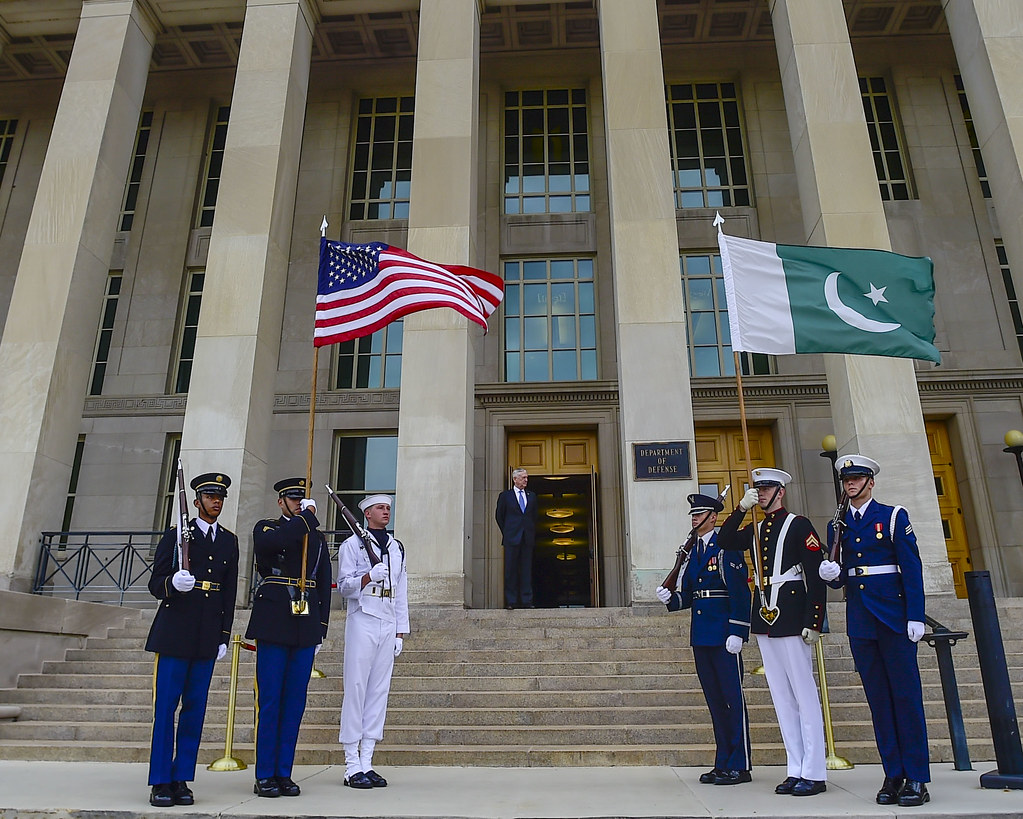The barrier between Pakistan and the United States is rising
Even in the best of times, navigating Pakistan-US relations and keeping them on the course is difficult. Based on the nature of and uncertainties surrounding the US withdrawal from Afghanistan, it has become clear that this relationship is fragile. The Taliban win is putting Pakistan’s long-stressed bilateral relationship with the US to the test.
According to Tauqir Hussain, a former Pakistani diplomat, US-Pakistan ties were only partially served as early as the 1950s because both sides utilised the other to achieve their own agendas at the cost of other interests.
In other words, Pakistan was dropped if the United States’ urgent needs were addressed. For example, When the Soviets left Afghanistan in 1989, Pakistan faced nuclear-related sanctions, he added.
Unfortunately, now that Biden is in control, he appears to have abandoned Pakistan. Washington has barely communicated with Islamabad in the months since it withdrew from Afghanistan last summer.
The Pakistani military, according to the US, supports non-state groups such as the Taliban. Before meeting the civilian government, every American dignitary visiting Pakistan pays a courtesy call to the chief of army staff.
Read More: Pakistan exports to EU increase 86% From 2013 to 2021
A significant number of policymakers are rethinking the United States’ relations with Pakistan. Officials told Congress that both Secretary of State Antony Blinken and Chairman of the Joint Chiefs of Staff General Mark Milley are examining Pakistan’s performance in recent years and determining what role the US wants Pakistan to play in the future.
A proposal by 22 Republican members to the Congress examines the extent of support given to the Taliban by the Pakistani government between 2001 and 2020.
Wendy Sherman, the US deputy secretary of state and the highest-ranking US official to visit Pakistan since Biden took office, explained everything on October 20, 2021. “We don’t have ambitions to create a broad connection with Pakistan, and we are not interested in reverting to the days of India-Pakistan hyphenation,” she told a journalist as she left Mumbai for Pakistan.
In Pakistan, there is a widespread belief that the United States uses Pakistan to hide the failures of its misguided policies and failed Afghan campaign execution.
US strategy continues to view Pakistan through the lens of Afghanistan, and it is specifically sought out for use in over-the-horizon counter-terrorism operations in Afghanistan. Pakistan is currently trying to create broad-based relationships based on geoeconomic reasons.
The United States’ short-termism regarding Pakistan is a fundamental grievance. Despite recognising that US interests are elsewhere, Pakistan’s policy planners still want to be a part of a world dominated by the US.
Furthermore, the US appears to be enraged by Prime Minister Imran Khan’s congratulation of the Taliban triumph, which he described as “lopsided” in his typical forthrightness about Pakistan’s relations with the US.
Aside from geopolitical considerations, the US and Pakistan share a number of mutual interests. With a population of over 220 million people, a nuclear-armed state is unavoidable. For the United States, relations with Pakistan are both important and profitable.




